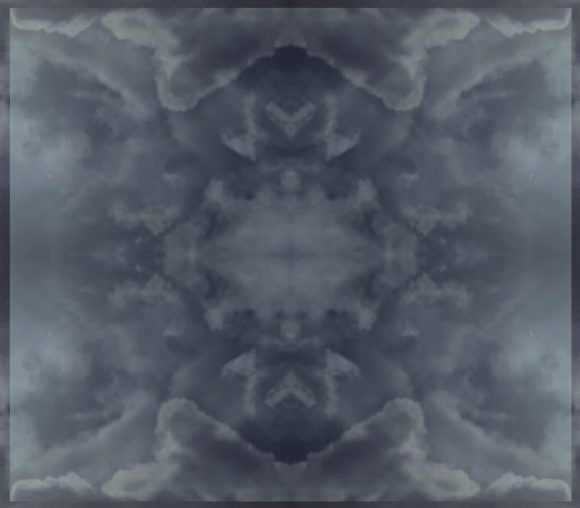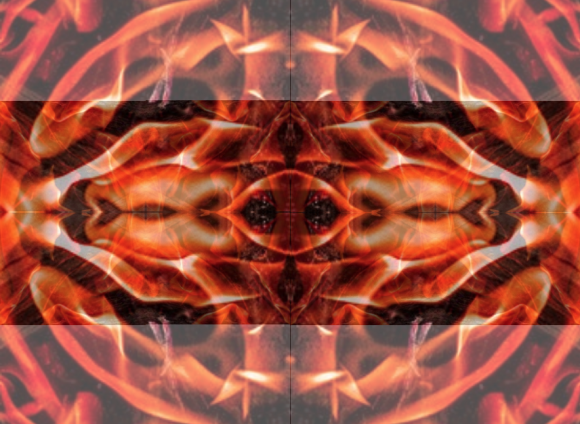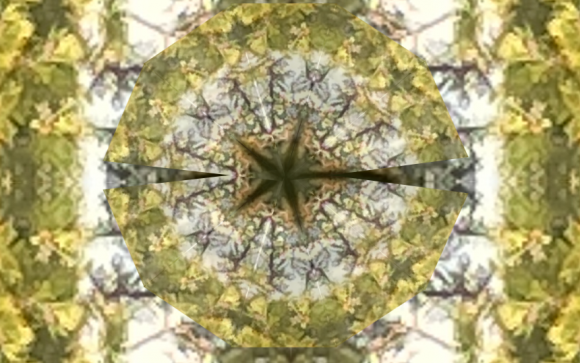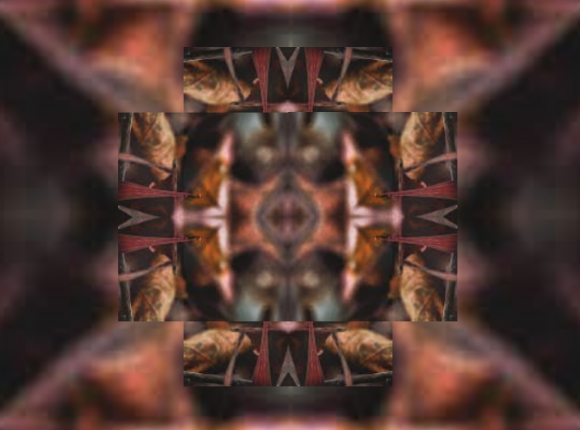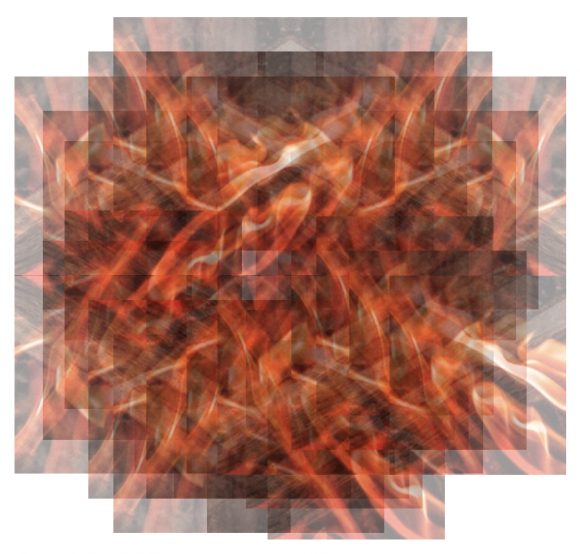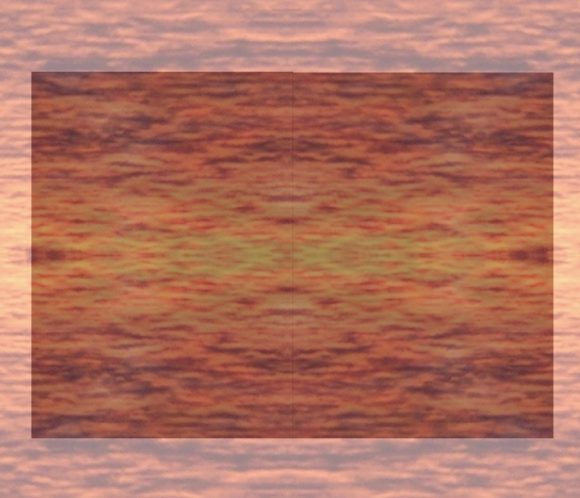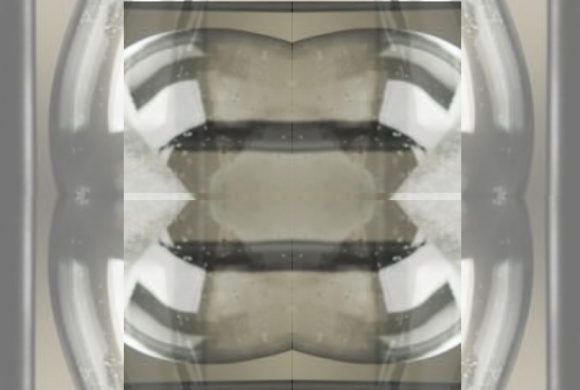
A psychological individual is a whole, and what makes it a whole (and keeps it together) is that it has personality character. That personality is like a sleeping (and dreaming) person, rather than a waking person. A waking person would be structured by consciousness, whereas a psychological individual, as a whole, is not characterized by that. This Jungian view is both weirder and more radical...
